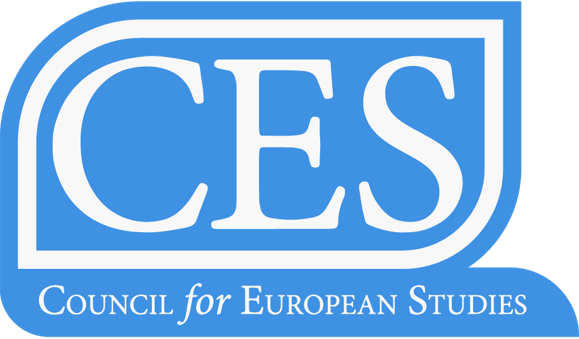Twenty-Eighth International Conference of Europeanists
ISCTE-IUL– Instituto Universitário de Lisboa
Building II, Av. das Forças Armadas, 1649-026, Lisboa, Portugal
Click here for a map of Iscte-IUL’s Building II, and here for a map of the full campus.
Keynotes
“Green Gradualism and Its Discontents”
Wednesday, June 29 | 6:00-7:45 PM GMT+1 | ISCTE
in the Main Auditorium
Speaker: Daniela Gabor, UWE Bristol
with Discussant Manuela Moschella, Scuola Normale Superiore and Chair Alison Johnston, Oregon State University
Soft climate denialism is bad for democracy. It comes in many forms. It is sometimes masked as legitimate concern with epistemic uncertainty, or justified by the allegedly regressive distributional effects of greenflation. It often points to the threat of power-grabs by elected politicians or technocratic central banks. The soothing implication is gradualism: we do not need, and perhaps should fear, radical institutional and political change. Such is, rather paradoxically, the message of green ordoliberalism. This new regime, increasingly influential in Europe, insists that governing the climate crisis is not a macroeconomic question, that climate and capitalism can be reconciled at, or close to, Schwarzenull as long as a small green state bribes (financial) capital into solving the climate crisis by derisking green investments.
The derisking paradigm perpetuates the macrofinancial status-quo where institutional capital is abundant, backstopped by inflation-targeting central banks, and hungry for new asset classes derisked by a fiscally conservative state. But it is bad for democracy in three ways.
Green gradualism surrenders the pace and nature of structural transformation to oligopolistic (institutional) capital, accommodating its systemic (ESG-based) greenwashing. By reducing the question of state capacity to “How can I get BlackRock/Allianz to finance my decarbonization revolution?” it reinforces a neocolonial extractivism that treats the Global South as generators of financial yield and consumers green technologies. Finally, it legitimizes the privatization of public goods, rendering new areas of social life ripe for financialization. The truly democratic alternative, however paradoxical, is a Big Green State that intervenes and directly organizes the low-carbon transition.
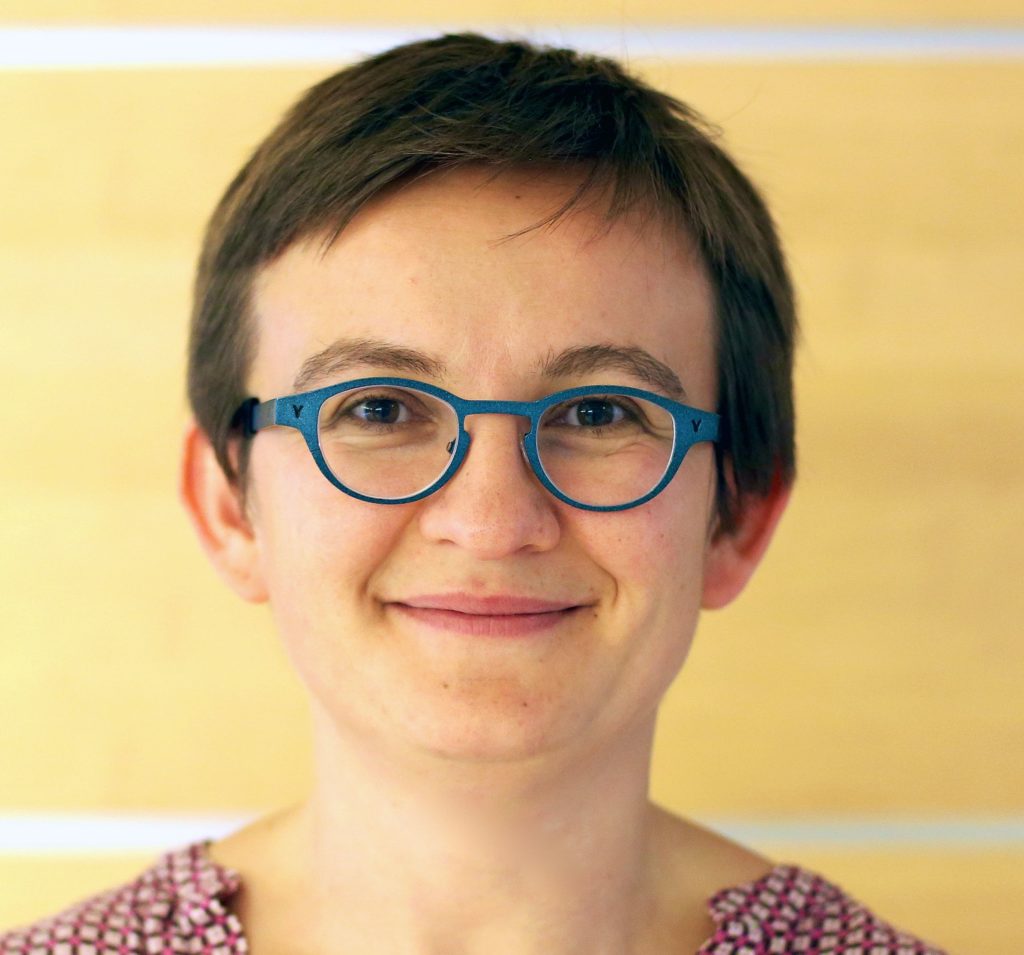
Daniela Gabor (speaker) is a Professor of Economics and Macrofinance. She researches central banking, green macrofinancial regimes, and money. She is on the Editorial Board of the Review of International Political Economy, and tweets @Daniela Gabor
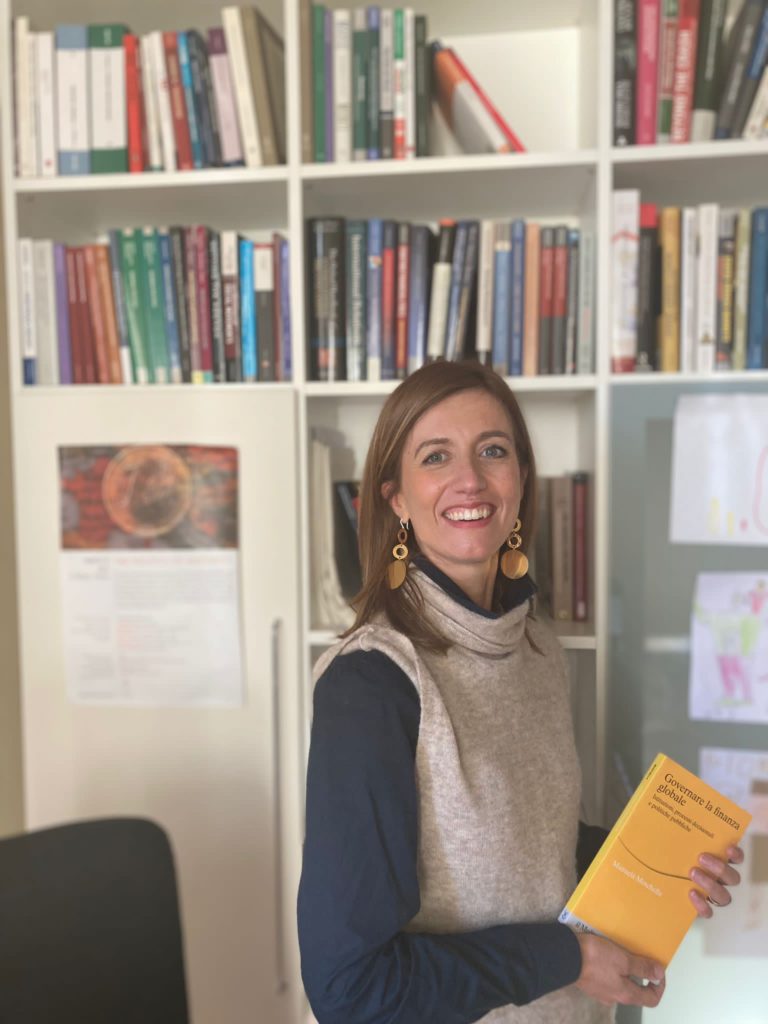
Manuela Moschella (discussant) is Associate Professor of International Political Economy at the Scuola Normale Superiore in Florence and Associate Fellow at the Europe Programme at Chatham House. She previously served as the Chair of the International Political Economy Section of the International Studies Association (ISA) and as member of the Steering Committee of the ECPR Standing Group of International Relations. She is a political economists and her research focuses on the relationship between technocracy and politics, institutional development and change in economic policymaking, the politics of money and central banking, and financial regulation.
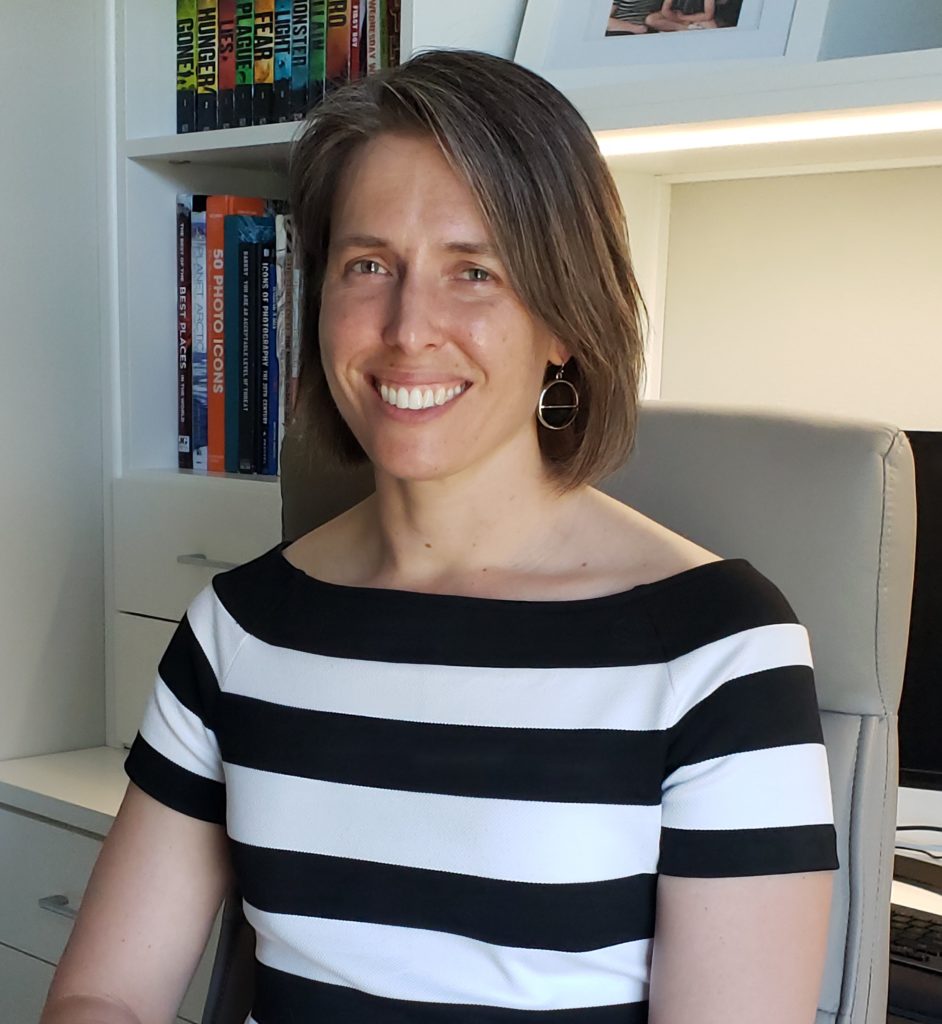
Alison Johnston (chair) is an Associate Professor and the Ulysses G Dubach Chair in political science at Oregon State University. She also serves as the co-chair of the European Integration and Global Political Economy research network at CES. She is a political economist and her research covers comparative capitalism and European monetary integration, the political economy of housing, and markets’ perception of government policy decisions, amongst other topics.
“Is Climate Change Good for Democracy?”
Thursday, June 30 | 6:00-7:45 PM GMT+1 | ISCTE
in the Main Auditorium
Speaker: Mike Hulme, University of Cambridge, UK
with Discussant Helena Freitas, University of Coimbra and Chair Paula Castro, ISCTE-IUL
The ambition to govern the climate is a dangerous one. Even more so when guided by a tenacious faith in the “iron hand” of scientific rationalism. When combined with climate deadline-ism (“10 more years to save the world”), epistemic certainty and coercive moralism fuels declarations of climate emergency – as we have seen in recent years. Even if initially benign, emergency politics opens the door to ‘strong men’ and for anti-liberalism. Rather than declaring “states of emergency” in the name of a climate crisis, the approach to taming the worst effects of climate change should be one of pragmatism, incrementalism and experimentation. This talk develops this argument, explaining what Hulme means by “science-first” and “more-than-science” approaches to responding to the various realities of climate change. There are other resources and avenues available to guide political action beyond eco-authoritarianism guided by scientific rationalism. For example, the ambiguity, complexity and partiality of religious myths, Indigenous knowledge-ways or the creative arts undermine the illusion that science will ever yield all that is necessary to know about the future to adequately guide actions in the present. Democratic political systems are better placed than authoritarian ones to navigate the indeterminacies, uncertainties and conflicting goals set in motion by a changing climate.
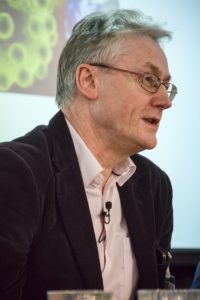
Mike Hulme (speaker) is professor of human geography at the University of Cambridge. His work illuminates the numerous ways in which the idea of climate change is deployed in public, political, religious and scientific discourse, exploring both its historical, cultural and scientific origins and its contemporary meanings. He is the author of nine books on climate change, including, most recently, Climate Change: Key Ideas in Geography (Routledge, 2021), Contemporary Climate Change Debates (Routledge, 2020) and Why We Disagree About Climate Change(CUP, 2009). From 2000 to 2007 Hulme was the Founding Director of the Tyndall Centre for Climate Change Research.
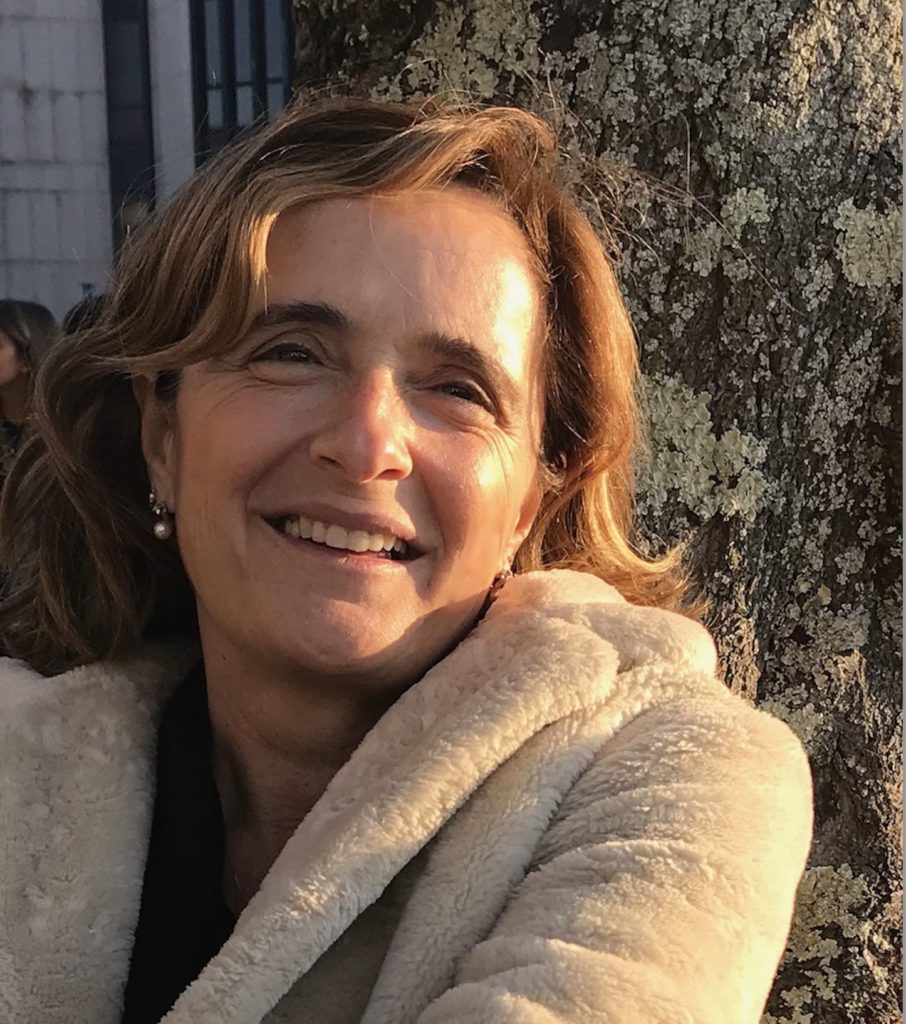
Helena Freitas (discussant) received her PhD in Ecology from the University of Coimbra, in collaboration with the University of Bielefeld, Germany, in 1993, and did postdoctoral studies at Stanford University, USA, between 1994 and 1996. She is Full Professor of Biodiversity and Ecology at the Department of Life Sciences of the University of Coimbra since 2003, and holds the UNESCO Chair in Biodiversity and Conservation for Sustainable Development since 2014. She is currently Coordinator of the Center for Functional Ecology – science for people and the planet (cfe.uc.pt). In July 2019 she was selected to join the Mission Board for Climate Change Adaptation, including Societal Transformation from the European Commission and in August 2019 she was nomitated Focal Point for Portugal in IPBES – Intergovernmental Platform for Biodiversity and Ecosystem Services. She is Director of the Serralves Park, Porto.
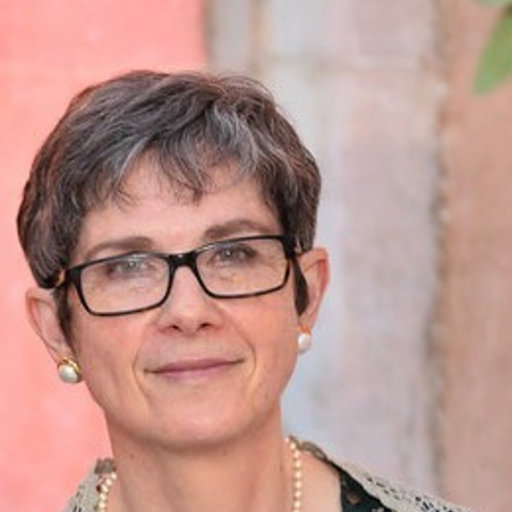
Paula Castro (chair) is Full Professor of Psychology at ISCTE-IUL & a researcher at CIS-iscte. She holds a PhD in social and environmental psychology (ISCTE, 2000), and a degree in psychology (Univ-Lisboa,1987). Her research looks at the processes of meaning-making and communication involved in the reception of new laws and public policies – mainly environmental ones – developing a social psychology of legal innovation. She coordinated and participated in several financed projects (FCT, EU) and supervised various PhD and Pos-Doc projects, with the resulting work published in international journals of high impact in the areas of social, political, environmental and community psychology, as well as environmental policy. She was Director of the Psychology Department (2008–2010), Director of the PhD program in Psychology (2010–2013), Director of the Masters in Studies of Environment and Sustainability (2015-19), Member of ISCTE’s SC (2010-2014), and CIS-iscte SC (2016-19) and Director of CIS-iscte (2019-2021).
Plenary Panel
“After Globalization: The Future of World Society”
Thursday, June 30 | 4:00-5:45 PM GMT+1 | ISCTE
in the Main Auditorium
Valentine M. Moghadam, Northeastern University; Sylvia Walby, City, University of London; Christian Suter, World Society Foundation
with Moderator Marc Herkenrath, World Society Foundation and Discussant Heidi Gottfried, Wayne State University
After decades of apparently linear and perpetual rise of global integration and interdependence, more and more observers of world society see an increasing number of signals indicating that a trend of deglobalization is underway. Some scholars emphasize normative and cultural aspects of deglobalization, like value conflicts and clashes, while others see a return of economic and political nationalism, populism, and geopolitical rivalry. Are we currently witnessing just another globalization / deglobalization cycle or are we entering a new “after globalization” era?
Deglobalization and democracy in retreat: How does deglobalization impact democracy? Does rising isolationism, nationalism, and populism undermine democracy and democratic movements in the global North and the global South, or does it increase individual autonomy and the political capacity to act?
World cultural de-standardization, (sub)cultural differentiation, and resistance: Do we observe a cultural segmentation and differentiation of world society? What forms and dynamics of cultural resistance are emerging?
The World Society Foundation (WSF), established in 1982 in Zurich, Switzerland, is celebrating its 40th anniversary of its activity as “world observatory” supporting social sciences scholars and scientific research all over the world, but particular those from the Global South, to investigate into the various processes of global integration and disintegration, (re)structuring and (re)configuration.
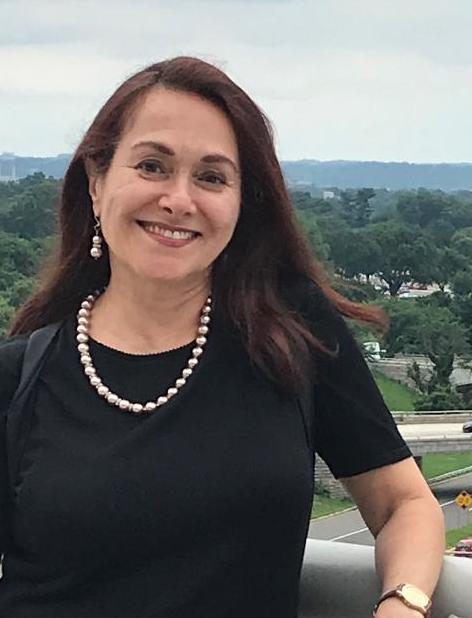
Valentine M. Moghadam (speaker) is Professor of Sociology and International Affairs at Northeastern University, Boston. Born in Tehran, Iran, Professor Moghadam received her higher education in Canada and the U.S. In addition to her academic career, Prof. Moghadam has been Coordinator of the Research Program on Women and Development at the UNU’s WIDER Institute (Helsinki, 1990-1995) and a section chief for gender equality and development, UNESCO’s Social and Human Sciences Sector (Paris, 2004-2006). Research areas include globalization, transnational social movements and feminist networks, and gender and development in the Middle East and North Africa. Among her many publications, Prof. Moghadam is author of Modernizing Women: Gender and Social Change in the Middle East (1993, 2003, 2013); Globalizing Women: Transnational Feminist Networks (2005), which won the American Political Science Association’s Victoria Schuck award for best book on women and politics for 2005; and Globalization and Social Movements: The Populist Challenge and Democratic Alternatives (2020). After the Arab Uprisings: Progress and Stagnation in the Middle East and North Africa, co-authored with Shamiran Mako, was published in July 2021 by Cambridge University Press. Her article, “What was Globalization?” appeared in Globalizations (Nov 2020).
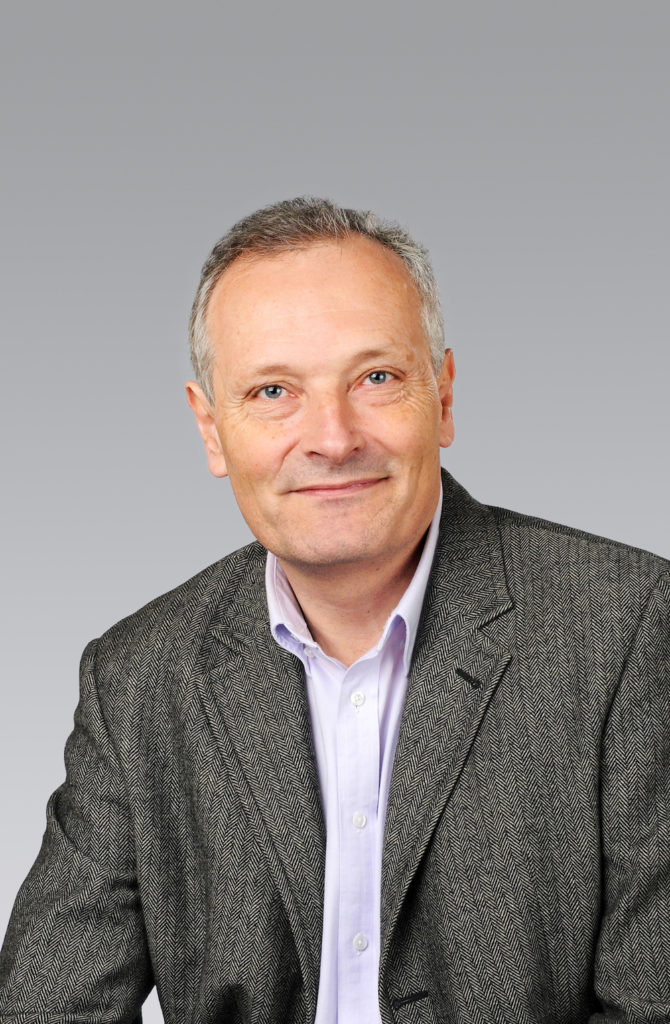
Christian Suter (speaker) is Professor of Sociology at the University of Neuchâtel, Switzerland and President of the World Society Foundation, Zurich, Switzerland. After receiving his PhD in sociology from the University of Zurich in 1988, he was visiting scholar at the Colegio de México, visiting professor at the Friedrich-Schiller University Jena, Germany, and assistant professor of sociology at the Swiss Federal Institute of Technology Zurich. His research areas include globalization, world society and sovereign debt, economic and social inequalities, as well as social indicators and quality-of-life. He has published and edited 30 books and more than 100 articles in international social sciences journals, encyclopedias, and volumes. His most recent publications include The Middle Class in World Society(Routledge 2020), Democratic Struggles in Challenging Times: Insights from Mongolia and Around the World(IRIM/WSF 2021),Measuring and Understanding Complex Phenomena (Springer 2021), and “Early retirement as a privilege for the rich?” (Advances in Life Course Research 47, 2021). He is the winner of the Book Award of the American Sociological Association, Political Economy of the World-System Section (1993, for Debt Cycles in the World-Economy, Westview 1992), the Fritz Thyssen Prize for articles in social sciences journals (1998), and the Research Fellow Award of the International Society for Quality-of-Life Studies (2020).
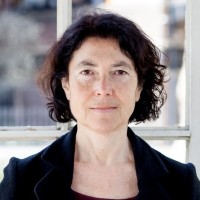
Sylvia Walby (speaker) is Professor of Sociology, and Director of the Violence and Society Centre at City, University of London, and holds the UNESCO Chair UNESCO Chair on Building Peaceful Societies through Research on Gender Equality. She is Chair of the Sociology Sub-Panel for the REF2021, Fellow of the Academy of Social Sciences, UK, and holds an OBE for services to equal opportunities and diversity. She is the recipient of the Anneliese Maier Research Award from the Humboldt Foundation, 2018-2023, which supports an international programme of research. She is Director of the UKRI Consortium on Violence, Health and Society. She was President of the International Sociological Association’s Research Committee 02 on Economy and Society and is the founding Co-Coordinator, of the International Sociological Association’s Thematic Group 11 on Violence and Society. She was the founding President of the European Sociological Association. Recent books include:Globalization and Inequalities: Complexity and Contested Modernities (Sage 2009), Crisis (Polity Press 2015), The Future of Feminism (Polity Press 2011), and The Concept and Measurement of Violence against Women and Men (with colleagues) (Policy Press, 2017).
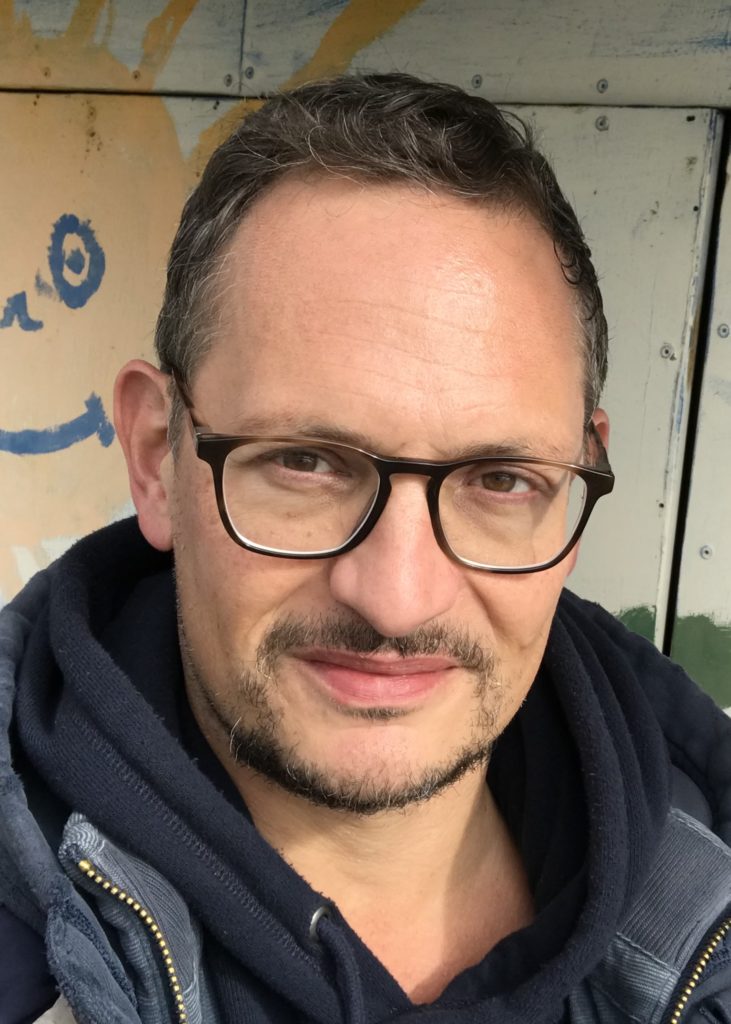
Marc Herkenrath (moderator) is Associate Professor of Sociology at the University of Zurich, Switzerland and a Board member of the World Society Foundation, Zurich, Switzerland. From 2015 to 2021, he was the Director of Alliance Sud, the joint development policy think tank of the leading Swiss development NGOs. Since 2021, he is the Deputy Director of Transparency International Switzerland. He was a visiting researcher at the University of California-Riverside, USA and the Universidad Nacional de San Martín in Buenos Aires, Argentina. His main research and teaching areas include development studies, social movements and transnational social movement coalitions, globalization and world society. His publications include the books “Transnationale Konzerne im Weltsystem” (Transnational Corporations in the World-System; Westdeutscher Verlag, 2003) and “Die Globalisierung der sozialen Bewegungen” (The Globalization of Social Movements; ibid, 2011), as well as numerous journal articles.
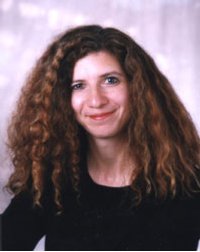
Heidi Gottfried (discussant) is Associate Professor of Sociology at Wayne State University. She has co-edited numerous special issues and books on gender, work, and the economy, including Global Labor Migration: New Directions (University of Illinois Press, forthcoming) (with Eileen Boris, Julie Greene, and Joo-Cheong Tham); Handbook on the Sociology of Work and Employment (with Stephen Edgell and Edward Graner) (Sage, 2015); Gendering the Knowledge Economy: Comparative Perspectives (2007), and more recently,Care Work in Transition: Transnational Circuits of Gender, Migration and Care, in a special issue of Critical Sociology (co-edited with Jennifer Jihye Chun) and “Convergence and Divergence in Public Gender Regimes — Germany and Japan in National and World Regional Comparison,” (with Karen Shire). Her books include Gender, Work and Economy: Unpacking the Global Economy (Polity Press, 2013) and The Reproductive Bargain: Deciphering the Enigma of Japanese Capitalism (Brill, 2015). She is currently working on a Trans-Atlantic Platform project, “Who Cares: Rebuilding Care in a Post-Pandemic World,” consisting of country teams from Brazil, Colombia, Canada, France, UK, and US. The project investigates the impact of the pandemic on the practices of both care providers and care recipients and seeks to identify the strengths and weaknesses of care systems that became apparent as governments grappled with finetuning policy responses to the fastmoving coronavirus.

